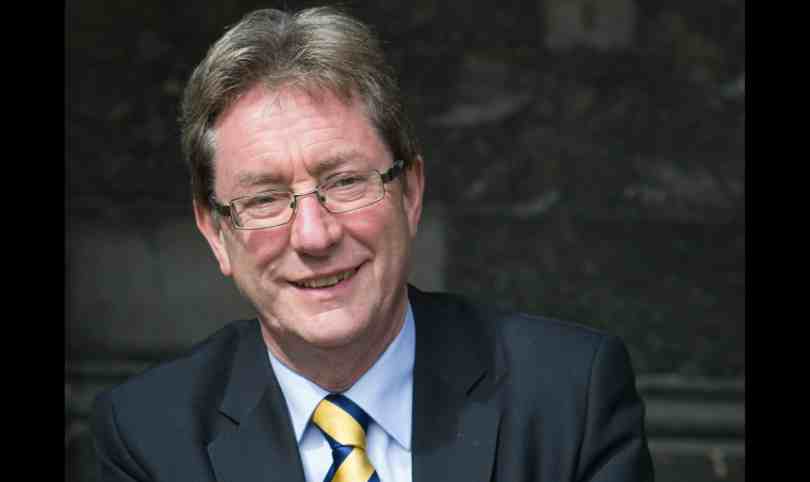Engineers are worried that the state’s renewable energy targets are being endangered by a failure to invest in and expand the national grid.
The Irish Academy of Engineering says the government’s ambitious renewable energy targets are destined to fail without significant investment and expansion in the national electricity grid.
The National Energy and Climate Plan published in August seeks to achieve 70% renewable energy generation by 2030. But the academy’s report, ‘The Future of Electricity Transmission In Ireland’, highlights how Ireland will struggle to achieve the 70% target without a grid system that can manage the scale of renewable energy generation, which is necessary to achieve a fully decarbonised economy.
• Download Climate Action and Low Carbon Development (Amendment) Bill 2020
President Jim Browne (pictured) commented: “The IAE has published this report to highlight how without additional carrying capacity the grid will be unable to transport power from new renewable energy projects to places where it’s needed. By not overcoming this hurdle Ireland will fail to reach its 2030 target, resulting in a hugely disappointing failure towards our obligations on climate action.”
The report raises ten questions it says require urgent consideration and focuses on the social acceptability of any expansion among local communities. “Based on European experience, the academy suggests that the government must take direct ownership of this issue,” said Browne.
“There is a way to ensure that NECP targets are met and it includes the government and minister Eamon Ryan taking direct ownership of the grid expansion issue. Countries such as Denmark and Germany have already done this, and as a result they have successfully addressed public objections to the expansion of their electricity networks."
The IAE report and recommendations are available here.
The new Climate Action and Low Carbon Development (Amendment) Bill commits Ireland in law to move to a climate resilient and climate neutral economy by 2050.
The Bill brings in a system of 5-year economy-wide carbon budgets, which will outline a ceiling for total greenhouse gas emissions. These will be prepared by the Climate Change Advisory Council and presented to government to consider and approve, with input from the Oireachtas.
The Bill includes the following provisions:
• Establishes a 2050 emissions target
• Introduces system of successive 5-year, economy-wide carbon budgets starting in 2021
• Strengthens the role of the Climate Change Advisory Council in proposing carbon budgets
• Introduces a requirement to annually revise the Climate Action Plan and prepare a National Long Term Climate Action Strategy at least every decade
• Introduces a requirement for all local authorities to prepare individual Climate Action Plans which will include both mitigation and adaptation measures
•Gives a stronger oversight role for the Oireachtas through an Oireachtas Committee.
“This legislation sends a clear signal to businesses, to farmers and to our communities that climate action is good for the economy,” said minister Eamon Ryan. “It will allow us to reach our climate targets while creating jobs and sustainable growth in new sectors.”











